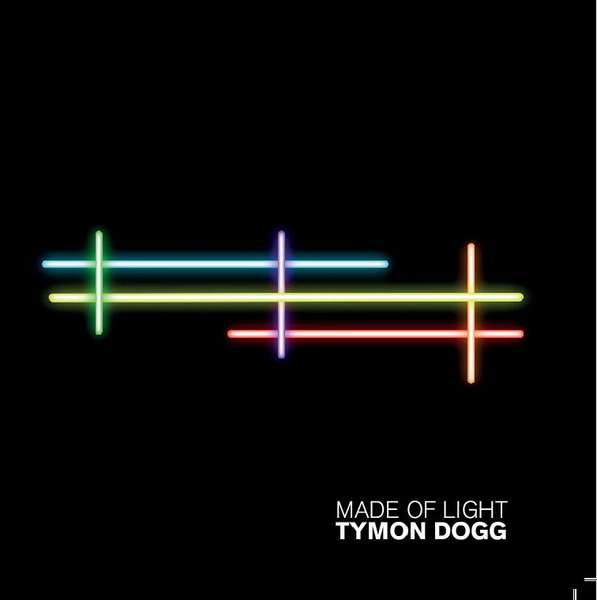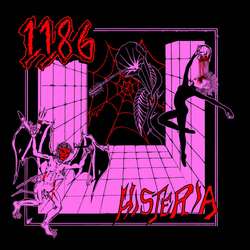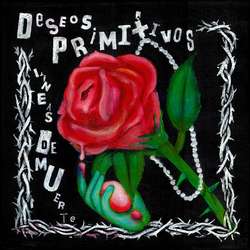Sometimes you follow a musician for years, only to learn something that should have stood out at the start. Today’s lesson is Tymon Dogg, related subject: Joe Strummer & the Mescaleros and The Clash. Apparently Dogg has played frequently with The Mescaleros and been a songwriting partner to Strummer, even appearing on The Clash’s “Lose My Skin” (Sandanista!).
With many namedrops, it should start and stop there, getting the background out of the way before talking new material. But with Dogg’s Made of Light it carries on. There’s a discernable comparison between Strummer and Dogg. Both favor a dramatic delivery and heavy-handed lyrics that hit a range of emotions from political anger to desolate resignation. It’s heartfelt emotional stuff and it’s heart-on-sleeve authentic. The catch is that Strummer mastered sequencing and variety whereas most of this 11-song record carries the same tone across the board. And now, in respect to Dogg, I’ll speak on his own merits instead of association.
His voice is distinct: weathered, wavering, and soft. It’s hard not to believe that he’s into what he’s saying as he calls “you’re a part of humanity,” in ballad “As I Make My Way” or with the touching downer “Time for Moving On.” The delivery isn’t the problem and his voice is well-suited to folk. The problem is that it just keeps going. For every “Perfect Match,” with its harmonica swing or “Pound of Grain” with the pointed enunciation and rising action, there’s a countering sound like “Rock Hammer Box,” a drab instrumental that nearly puts the record to sleep halfway in, or “That’s the Way It is” later on.
Title track “Made of Light” is indicative of the whole. The melody is strong and the emotional pull is undeniable, but it gets bogged down by its weight, sinking itself and getting boring. It sometimes lacks focus, pulling toward ethereal. When that happens the songs are drifters instead of transients, and that’s significant.
Lyrically the album is also a mixed bag. It’s direct and political—no surprises there—but it gets to be too much preaching without the explorative component that the music is entrenched in, as in “Pound of Grain” which is one of the better songs musically but gets tiresome on repeated listens.
Dogg is a respectable artist with a developed and endearing tone, but the record has too many low or dragging points to make it a functioning whole, drifting into the abyss when it could find more power by reaching for the heart.




